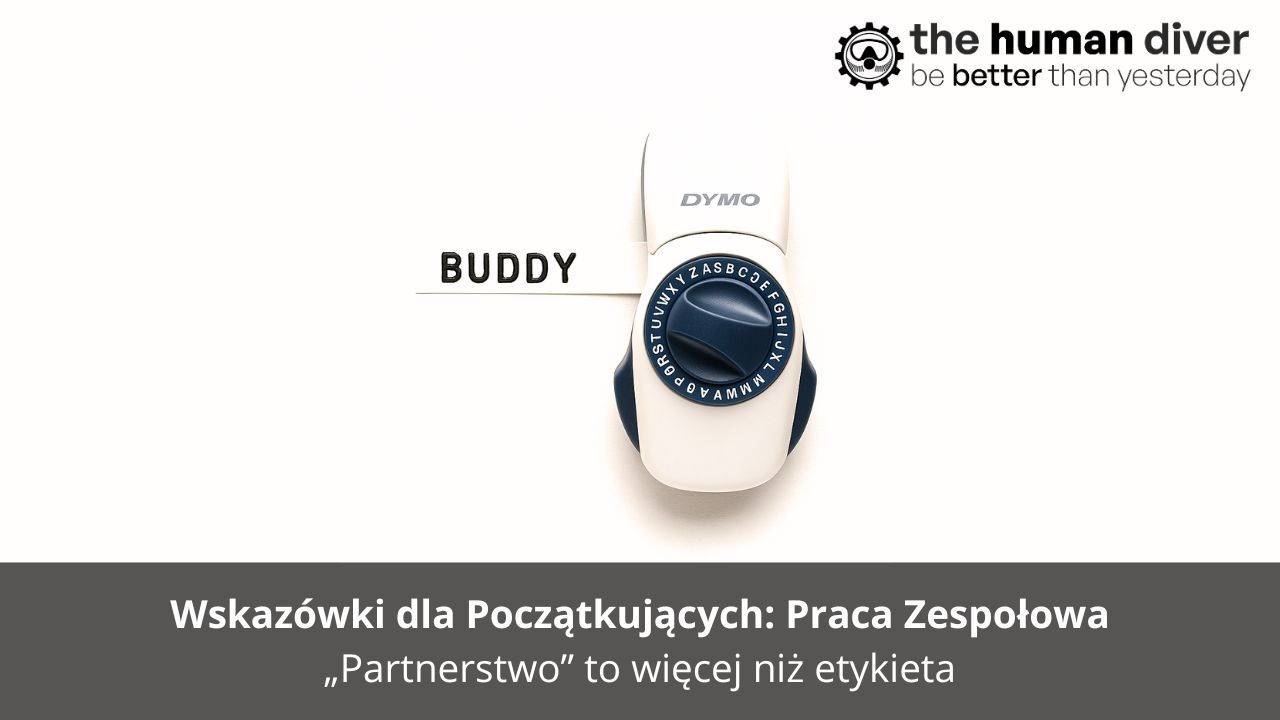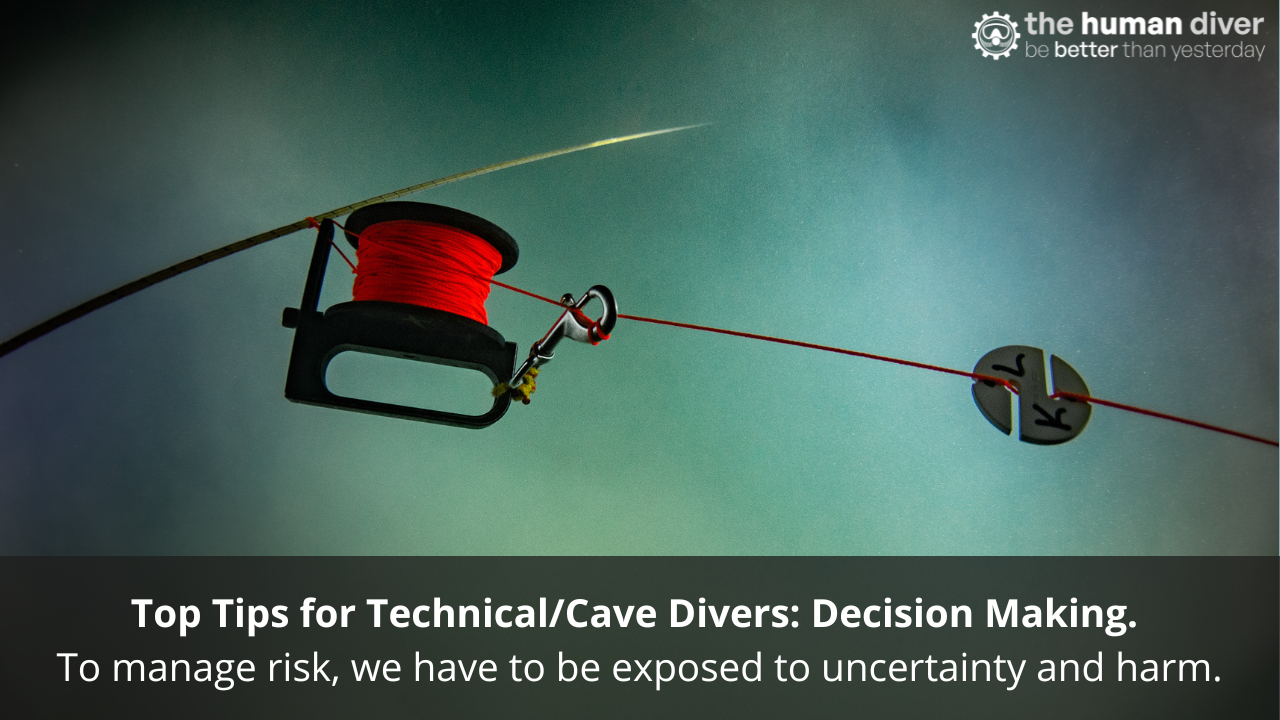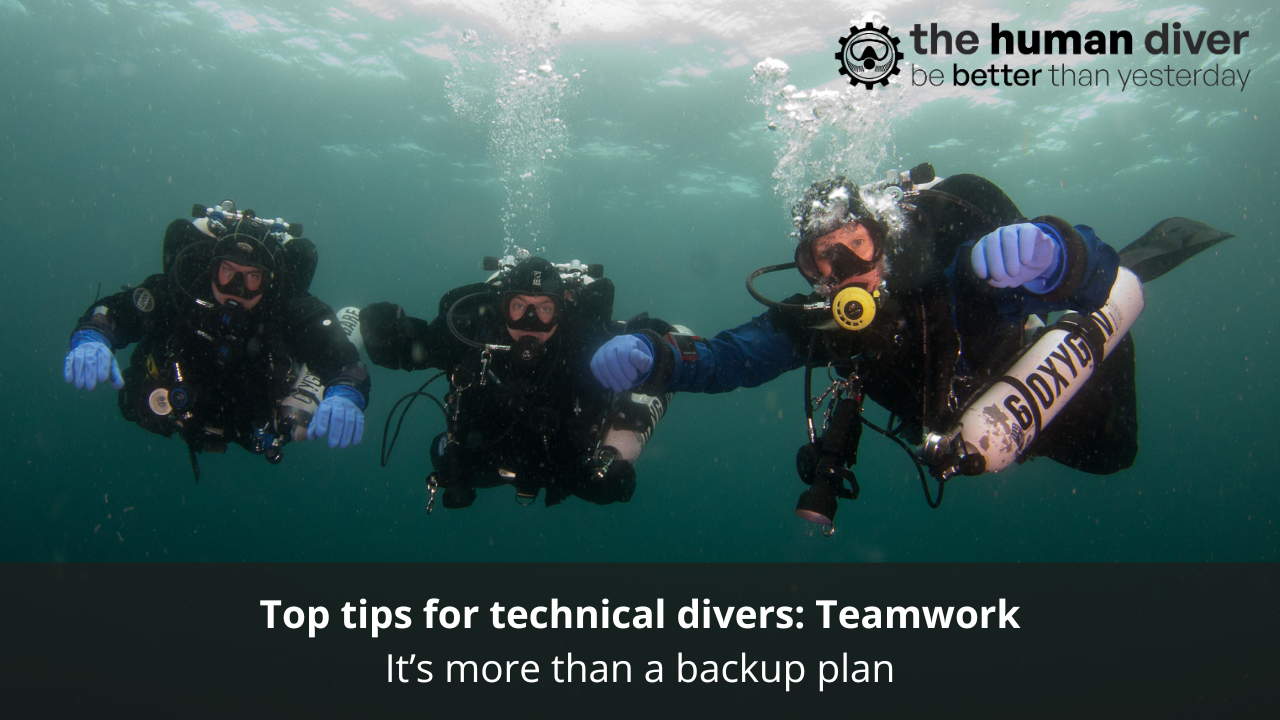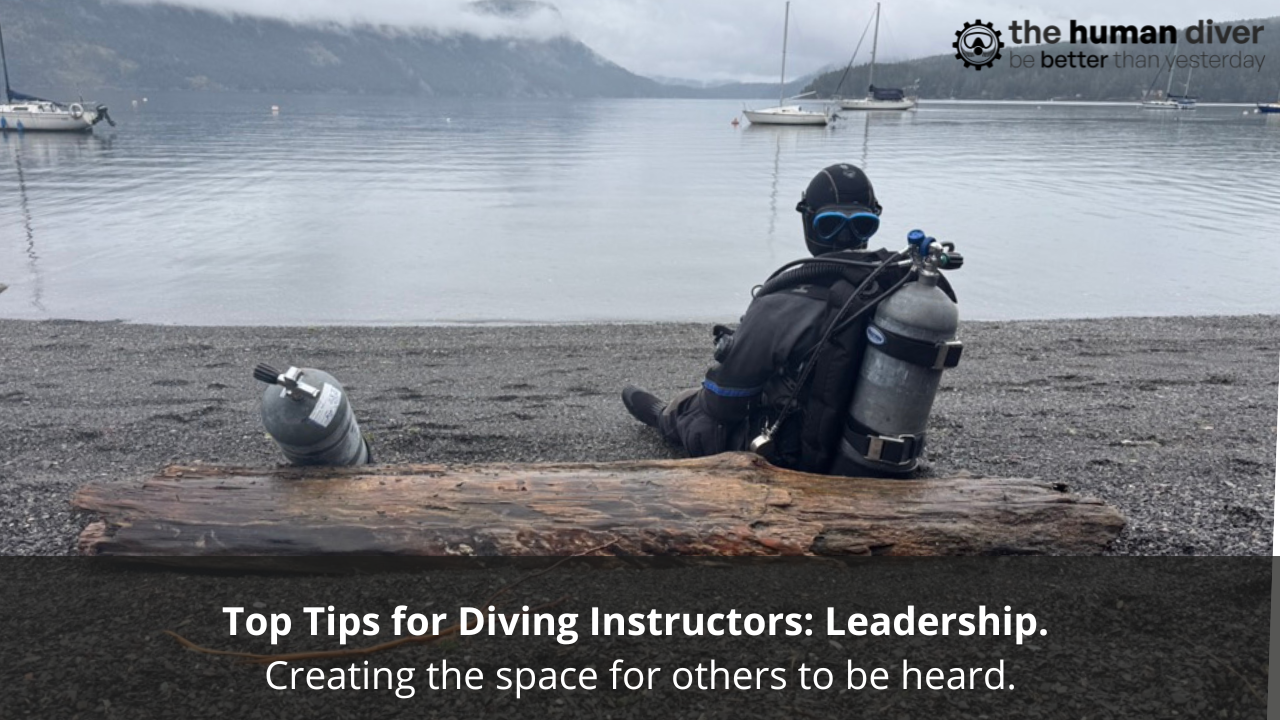
Racing through courses- how fast is too fast?
Oct 11, 2023I’ve had a disappointing week. I saw on social media that one of my previous students has just completed his advanced trimix course. That might seem like an odd thing to say, surely I should be celebrating his achievement? My disappointment comes because he only completed his previous course with me two months ago, and I strongly suspect that he has barely done any dives at that level in the meantime. I’ve come to this conclusion due to the short time span, backed up by him not showing any tech dives on his fairly comprehensive social media posts. What makes me even more concerned is that he while he passed the previous course, it had taken him a lot of extra dives as he wasn’t at the level I would have expected when he started that course, which I found out later was due to him not having as much experience in the configuration (sidemount) he was in. Now, I could take the view that it was clearly my superb training that put him at a level where he was ready immediately for his advanced trimix….However I don’t believe that anyone (no matter how good their skills) would be ready to jump through the levels that quickly, and I’m certain that nobodies instruction would have put him in a position of being ready in the time frame we had.

So is this a failure of my leadership? I start every course with 3 caveats in regards to passing:
- Can you do the skills? By this I mean can you do them in control, while neutrally buoyant and in trim, without ascending, descending or swimming around. You must have enough capacity to not only be able to do the skill but also be aware of yourself, your buddy and the environment throughout.
- Are you going to kill yourself or someone else? This is in regards to your attitude. Do you make sensible decisions both before and after a dive as well as underwater. These decisions don’t (and indeed often won’t) match what I would do, but are you going to attempt to push the limits and possibly put yourself and others at risk?
- Am I going to be embarrassed to have my name on your cert card? This is about your current ability. It often happens that people can’t dive for a while, but if that is the case, do you understand that you are no longer at the level on that card and need some time and refreshers to build back up to that level?
It took me years to be able to verbalise these three points, after getting frustrated that I sometimes had to fail people but couldn’t always explain why, other than “you’re not there yet”. After all, I watched other instructors pass students whose skills were comparable and yet I didn’t feel comfortable putting my name on my students cert. When I finally figured out how to explain the reasons why, it meant I could give students much better action plans so they knew what it was they needed to work on.

So what about this student? I had told him prior to the course of these three points and part way through the course had actually told him that I didn’t think he had the time to develop his skills enough to reach a pass. He proved me wrong, worked very hard, squeezed in more time in the water and brought his skills up to an acceptable level. The only thing that had indicated that perhaps he might violate some of the points after the course was finished was his lack of experience in sidemount before starting. As an instructor himself he’d appeared to understand my reasoning and throughout the course was making sensible and conservative decisions, so I wasn’t too concerned. Which brings us to now.
As a certified advanced trimix diver, he should now be capable of planning and executing dives to 100m. But what if something goes wrong? Does he really have enough experience to deal with any problems? It’s one thing doing dives with an instructor there as a safety net, it’s another to do your own dive. If he doesn’t have much experience, is he going to be able to make good decisions under pressure? I don't know the answer to these questions. I just hope he takes it easy at first and doesn’t try to push any limits. My biggest fear is getting the call or seeing the post announcing a student’s death- would it be my fault?
This is one of the most difficult things about teaching diving. The culture still consists of a lot of people who push course after course, without giving students a chance to consolidate the skills they’ve just learnt. Until we change this culture this will keep happening. Luckily, there is a movement that’s slowly pushing towards quality over quantity. It’s coming from individual instructors, with a few smaller agencies on board. It will take a big leap for the big agencies to join, after all, they make their money from courses, so where’s the incentive for them to change? But I remain optimistic that in the future, situations like this will become rare and the culture will discourage people who want to race through courses. As I mentioned in a previous blog, hopefully students will start to enjoy the path, rather than racing towards the goal.

Jenny is a full-time technical diving instructor and safety diver. Prior to diving, she worked in outdoor education for 10 years teaching rock climbing, white water kayaking and canoeing, sailing, skiing, caving and cycling, among other sports. Her interest in team development started with outdoor education, using it as a tool to help people learn more about communication, planning and teamwork.
Since 2009 she has lived in Dahab, Egypt teaching SCUBA diving. She is now a technical instructor trainer for TDI, advanced trimix instructor, advanced mixed gas CCR diver and helitrox CCR instructor.
Jenny has supported a number of deep dives as part of H2O divers dive team and works as a safety diver in the media industry.
If you'd like to deepen your diving experience, consider taking the online introduction course which will change your attitude towards diving because safety is your perception, visit the website.
Want to learn more about this article or have questions? Contact us.










